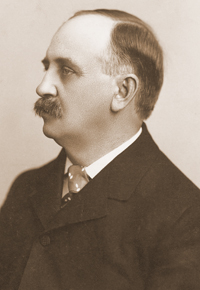
George K. Nash
Attorney General of Ohio
1880–1883
George Nash is well known for serving as Ohio's 41st governor. During his administration, he passed laws that gave the governor more control in local management of the state and also raised corporate income taxes and decreased property taxes. His career in public service earned him the reputation of being an able and forceful leader. Nash left the Office of Attorney General after being appointed to an Ohio Supreme Court commission to help the court finish hearing all its cases.
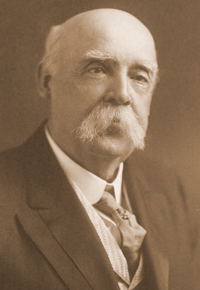
David Adams Hollingsworth
Attorney General of Ohio
1883–1884
David Adams Hollingsworth was appointed to the Office of Attorney General to fill the remainder of George Nash's term. He also served two terms in the Ohio Senate where he passed the "Hollingsworth Insurance Law." This law reformed the lax laws governing co-operative life insurance companies in Ohio. During the Civil War, Hollingsworth served in Company B, 25th Ohio Volunteer Infantry and was stationed at Camp Chase.
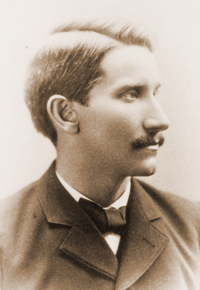
James Lawrence
Attorney General of Ohio
1884–1886
James Lawrence possessed a sense of justice and honor that won him confidence and respect throughout his career. In 1851, he represented the Democratic Party at the Constitutional Convention. His career in public service also included one term as a state representative and three terms as a state senator.
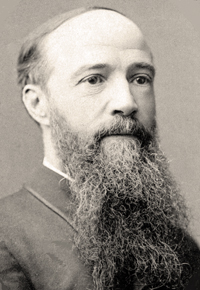
Jacob A. Kohler
Attorney General of Ohio
1886–1888
During his career in public service, Jacob Kohler earned acclaim from the judiciary of the state and the members of the legal profession for his opinions on the construction of statutes and their constitutionality. He served the Republican Party of Ohio in the State Legislature for five years prior to becoming attorney general. In 1895, he was elected judge of the court of common pleas for Medina, Lorain, and Summit Counties.
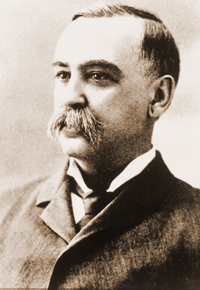
David K. Watson
Attorney General of Ohio
1888–1892
While attorney general, Watson brought a famous lawsuit against the Standard Oil Company. In this lawsuit Mr. Watson charged Standard Oil with using illegal trusts to create a monopoly in the oil market. Attorney General Watson won the case, and the trust was dissolved. He was one of the first to take action against illegally organized and conducted corporate power. In 1893, he was appointed by President Harrison to conduct lawsuits brought by the United States against the Pacific railroads.